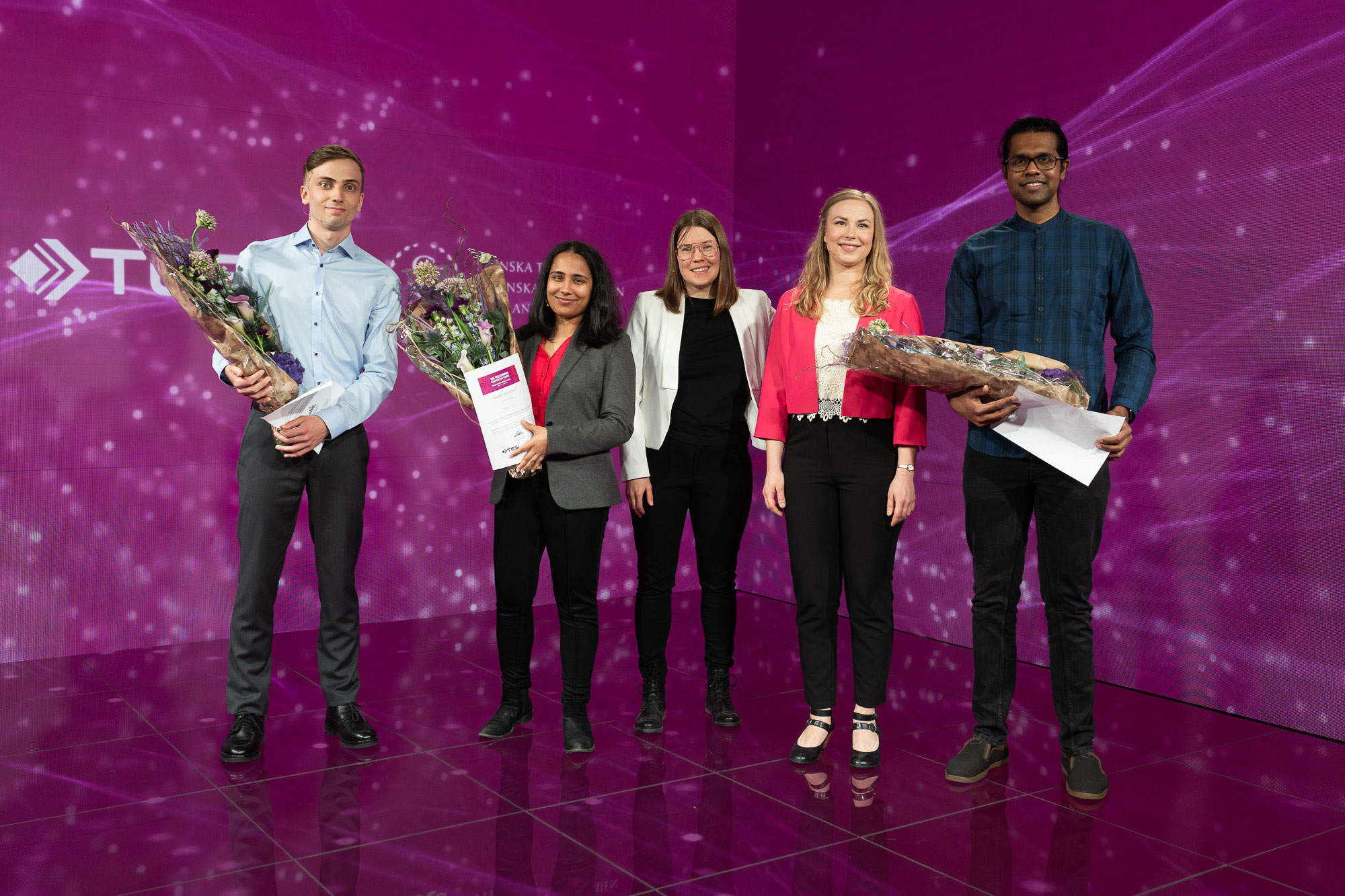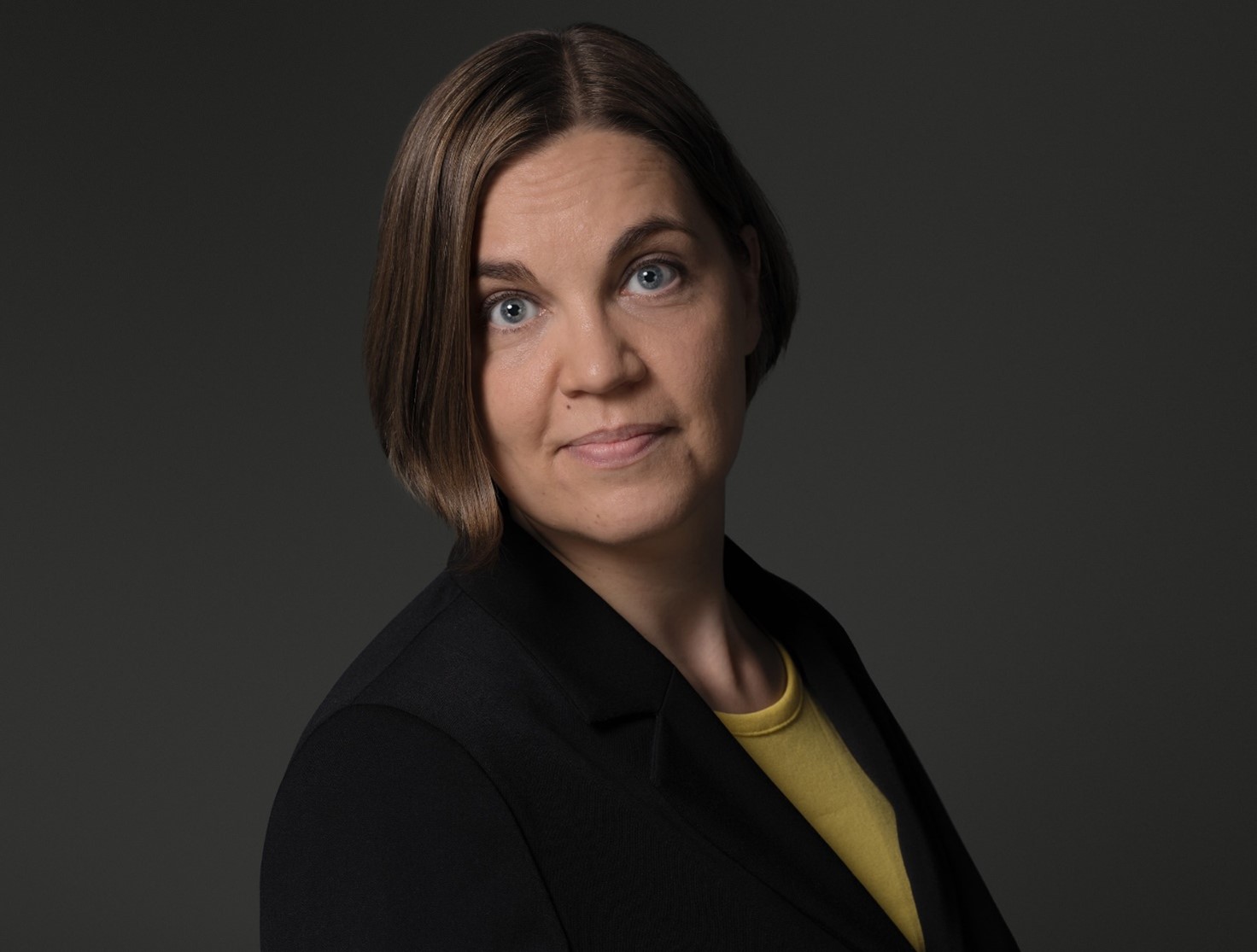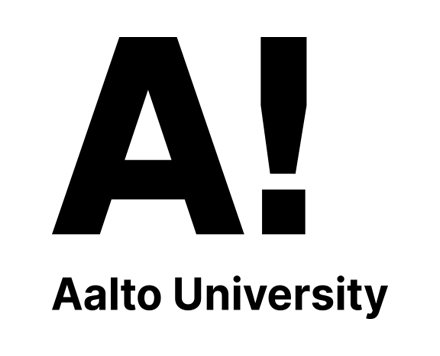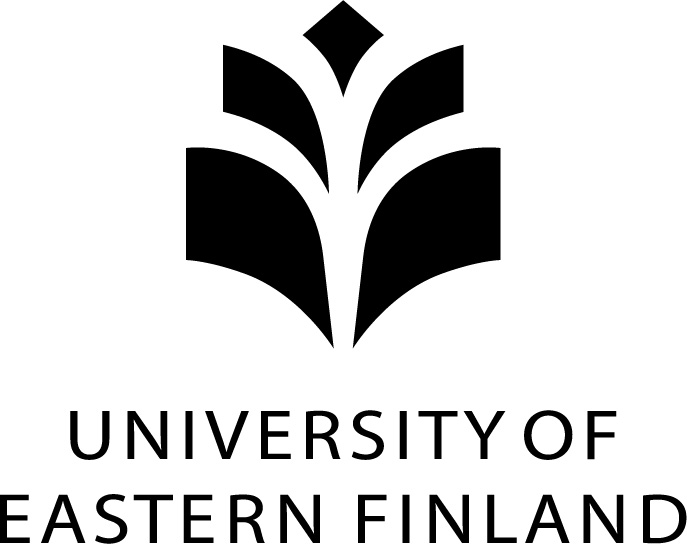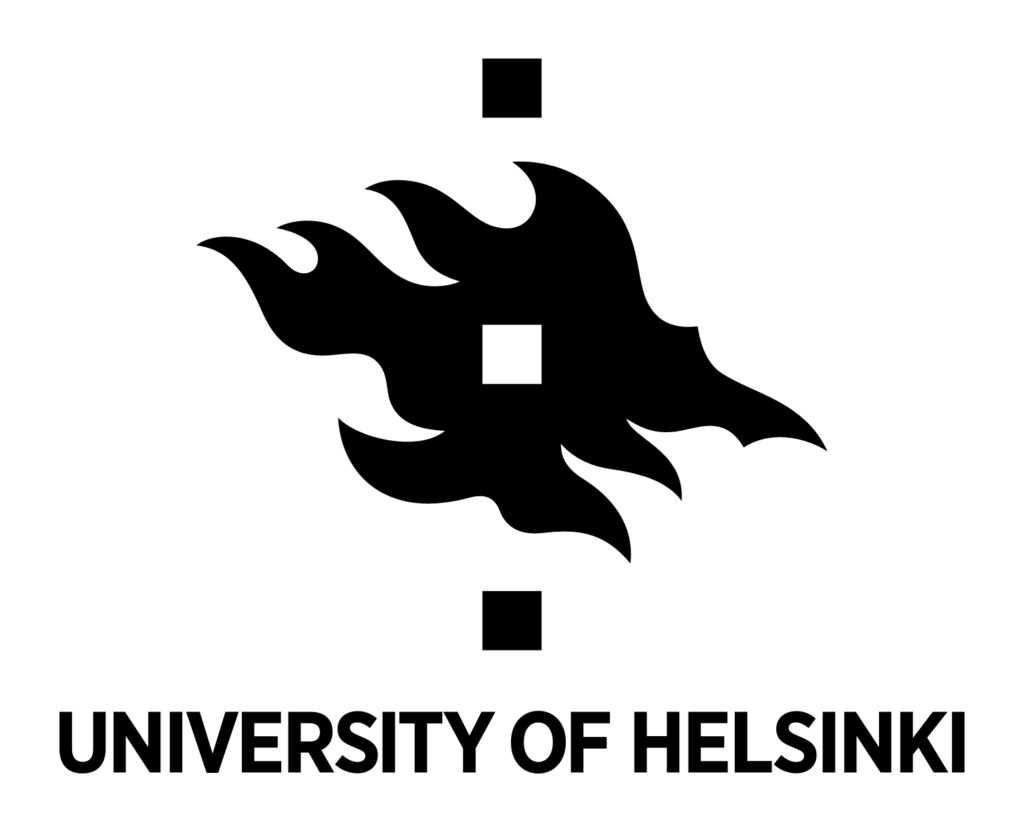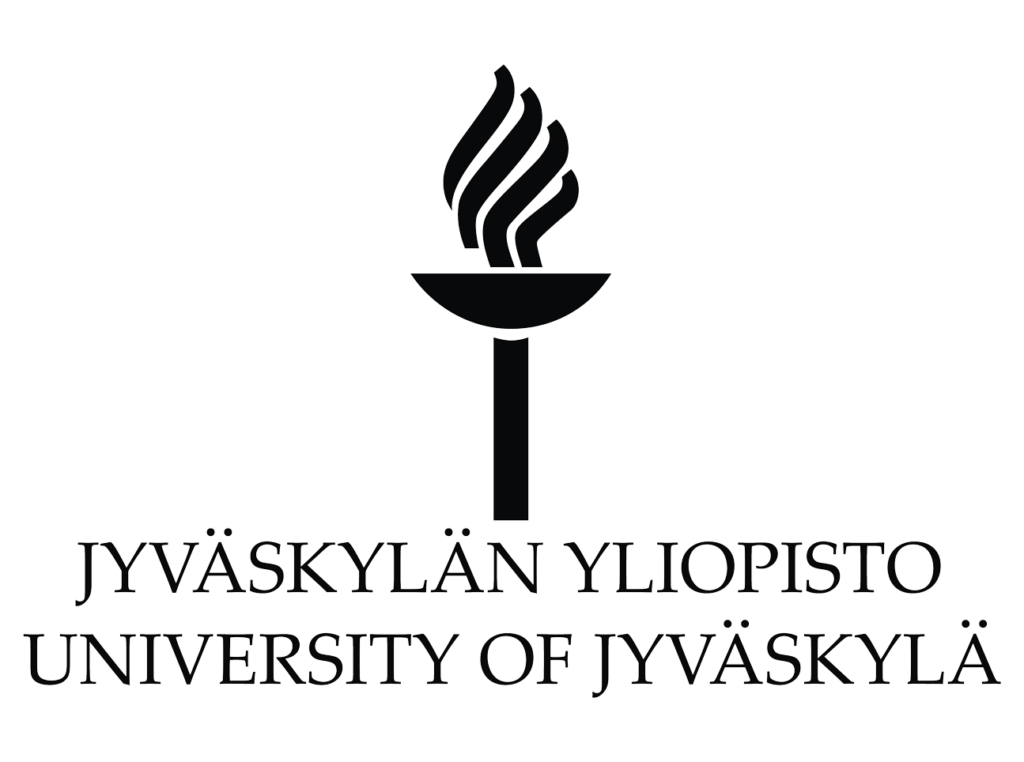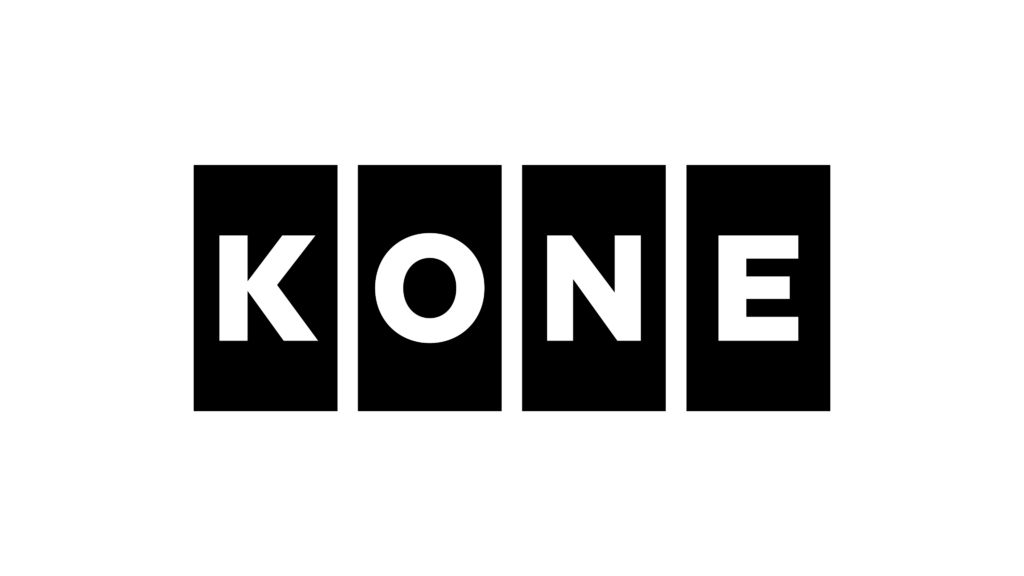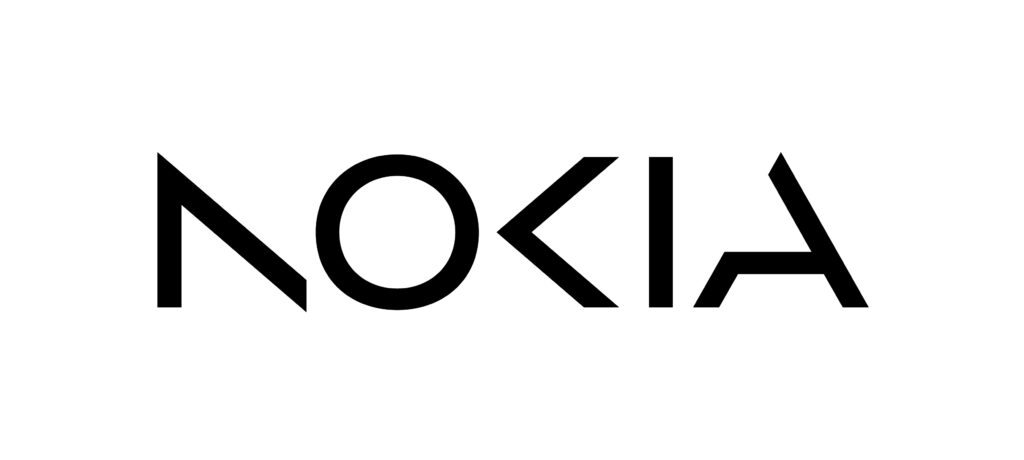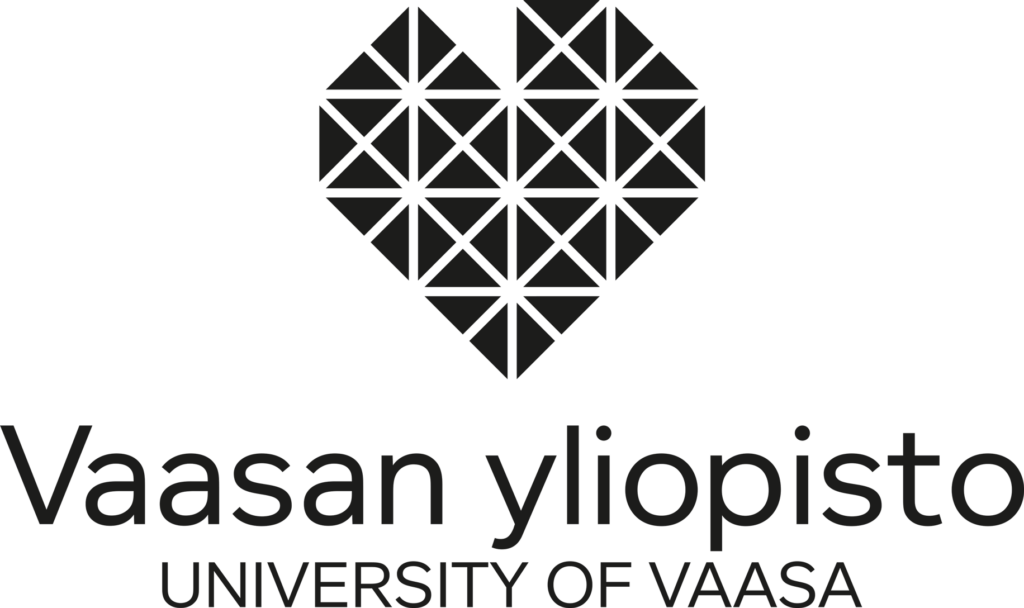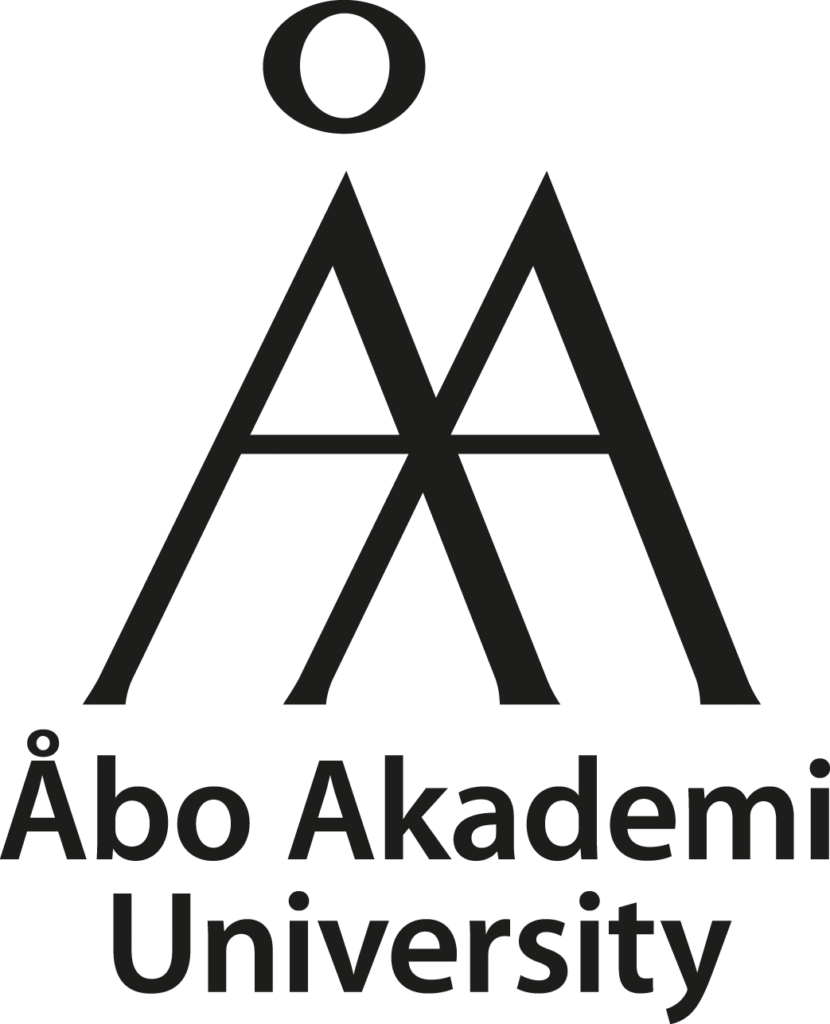Blog: Diversity and the Legal Field — Should Something Be Done?

Finland is one of the few countries that offers students free university education. Because of this, it is widely considered that everyone can be the architect of their own future and that pursuing education in any field is really up to the individuals themselves. However, studies show that young people from academic families still choose academic studies more often than those who come from non-academic families. The segregation seems to start already at pre-school stage, which poses a true societal challenge in which everyone do not have the same opportunity to pursue different career paths due to the socio-economic background (amongst other things).
The legal field has been found to be one of the exceptionally hereditary fields. This social inheritance puts people from different socio-economic backgrounds in an unequal position when applying for university education and obviously leads to weaker diversity in the legal field. In the longer run, this means that we have a (too) homogenous group of people solving the challenges and problems of a much more diverse group. If we want to be successful in solving the challenges in our society and in creating an environment that serves, treats, and supports everyone equally, much more must be done to ensure that people from different backgrounds have equal opportunities to pursue the education of their choice.
Diversity, equity, and inclusion have been very much in the spotlight in recent years. The legal business, and more precisely law firms, make no exception here. The lack of diversity causes issues not only on the societal level as described above, but it also affects the viability of the legal business itself and the people working within the field. Based on various studies, diversity and inclusion in the workplace are correlated with better scores in financial performance, innovation and creativity, reputation, decision-making, talent attraction, employee retention, employee empowerment, and employee loyalty. In other words, all aspects that are appreciated by any sound businesses. Thus, law firms should, as a bare minimum, ensure that their own practices and policies support diversity, equity, and inclusion. This means learning about these topics, organising training, reviewing structures and processes, ensuring appropriate leadership, and monitoring behaviour continuously. These efforts should be part of any company’s daily operations.
When it comes to the issues faced by the legal profession, an imbalance in gender diversity has been visible for years – a clear majority of today’s law students are female (but many leading positions in the field are still held by men). Furthermore, the representation of students with immigrant or less privileged socio-economical background is still small, meaning that the legal profession is not as diverse as it could or should be. Thus, if we want to have a more diverse group or legal professionals, we must try to find any available ways to support and attract a more diverse group of young people to the profession.
Building on the aforesaid, the responsibility for taking measures to support creating a more equal society in terms of access to education opportunities should also be taken on by the more privileged groups in society, which in the legal field would be, for example, law firms together with their employees. These groups often possess several assets lacking from the non-privileged, being both economic opportunities and supporting networks and connections, but also simply know-how and information that can be a significant benefit e.g. when considering the university application processes.
But how can an individual law firm (or any firm for that matter) contribute to a more equal society? The starting point is naturally the approach described above, namely putting its own operations in focus and implementing a culture and ways of working that lead to a more inclusive and diverse environment where actions related to equality and diversity are highlighted and promoted. Firms can (and should) also go beyond just focusing on the bare minimum of their own operations in order to explore what their impact can be in a wider societal context.
In this context, it is important that law firms encourage discussion on the topic in order to highlight the issue and based thereon, take concrete steps to diversify the industry. Working for more equal access to higher education will require promoting soft values, which is not traditionally typical in the legal field. The legal field needs to establish that equal education opportunities for every young person is a value that we are willing to support irrespective of whether it bears any tangible economic benefit for us and thus every organisation and person should try to identify the fields where they are best equipped to support the change that must take place before we can truly claim that our Finnish education system offers equal opportunities for each person.
Our firm has taken some first steps in this area. One example is our participation in Project Access, a non-profit organisation promoting fair access to top universities. Our lawyers act as mentors and provide insight, support, and guidance to students from less privileged backgrounds on how to apply for undergraduate and graduate programs, what to expect from working life after graduation, and other questions related to pursuing an education in the legal field. Some 20 of our lawyers contribute to this pro bono work on an annual basis. Another very concrete way of providing insight into the legal profession are the school visits our lawyers make to their former schools. We also invite schools to our office to meet us.
Lack of diversity is not only a challenge for the legal profession. Take almost any profession and you will be able to spot lack of diversity, sometimes more visible and other times hiding in the backgrounds of the people represented in the field. At the same time the challenges in our society demand us to use all the potential we have. Let’s therefore challenge ourselves, regardless of the profession or industry, to see how each one of us can identify the skills, knowledge, or assets we possess that may be used to increase diversity either by ourselves in our own organisations or together with others.
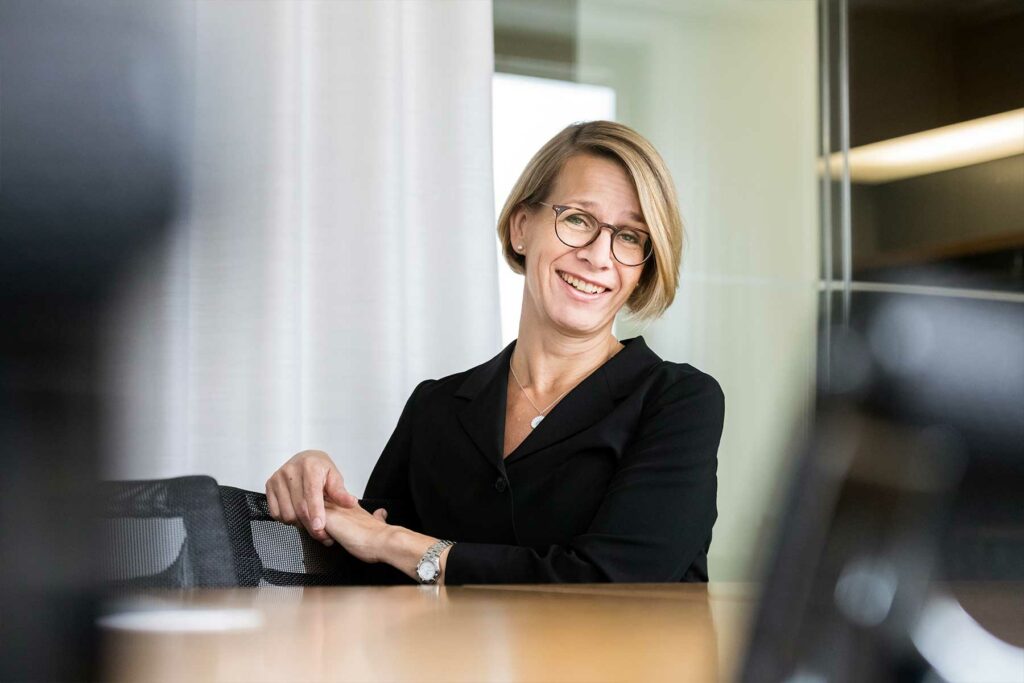

Writers are Taina Tenhunen, Head of Tech & Innovation and Ida Viitamäki, Senior Associate at Hannes Snellman.
Hannes Snellman is the partner of Millennium Innovation Forum.

Prestigious Millennium Innovation Forum announces impressive line-up of world-renowed speakers.
October event in Helsinki to bring together leading investigative journalist Christo Grozev, Google’s first female engineer and former CEO of Yahoo, Marissa Mayer, and many others to discuss how technology can help us overcome the world’s biggest challenges.

